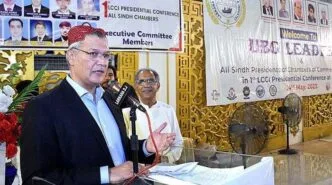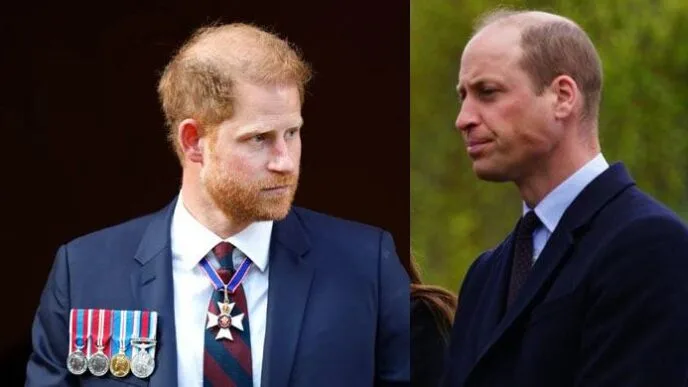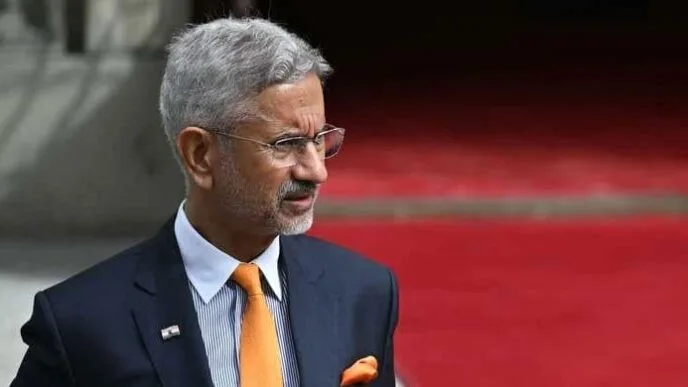LAHORE: The patron-in-chief of the United Business Group (UBG), S M Tanveer, has called for an immediate 500 basis point rate cut, pointing out that inflation has sharply declined to 6.9% from a peak of 38% in May 2023, strengthening the case for a further reduction in the current high rates.
Pakistan’s annual consumer price inflation significantly slowed in September, data showed on Tuesday, to hit the lowest in more than three years, as the government seeks to implement International Monetary Fund (IMF) conditions that many households fear will hit them hard financially.
The annual inflation consumer price inflation rate was recorded at 9.6% in August, the first single-digit reading in almost three years. August annual CPI figures were down from 27.4% this time last year and 11.1% in July.
“The central bank should bring policy rate down at 8% by January 2025,” Tanveer said adding, “The ease of doing business has become the need of the hour because of the overall improvement in the economic indicators.”
The State Bank of Pakistan’s (SBP) Monetary Policy Committee (MPC) slashed the key policy rate by 200bps to 17.5% from the existing 19.5%, the State Bank of Pakistan (SBP) last month, after inflation eased to the single-digits in nearly three years.
The central bank cut interest rates three times this year, saying it is confident that inflation is in check after it previously lifted rates to an all-time high of 22%.
“A comparison of Pakistan’s macroeconomic indicators between June 2023 and September 2024 suggests significant economic improvements, leading to the approval of the IMF package from its executive board,” the top UBG official said.
According to Tanveer, the statistics demonstrate notable economic growth and stability, reflecting the efforts of Prime Minister Shehbaz Sharif’s government and the Special Investment Facilitation Council (SIFC).
However, in the same breath, he cautioned that more efforts were required to operationalise the closed business activities through a single-digit interest rate and energy tariff.
“Both the economic indicators and the IMF package are enough to raise a demand that the government should ensure a business-friendly environment and let the business and exports grow to promote investment and employment in the country,” the business leader said.
It may be noted that the economic data suggests that the GDP growth rate increased from 0.29% to 2.38% during the period and for 2025 it has been projected to hover around 3.9%.
Similarly, the trade deficit narrowed from $27.47 billion to $24.09 billion and the current account deficit from $2.55 billion to -$0.68 billion.
While the exports surged from $27.7 billion to $30.6 billion. Especially, the agricultural exports have increased from $4.7 billion to $7.1 billion during the period.
In addition, Information Technology (IT) exports jumped from $2.6 billion to $3.2 billion, remittances from $27.3 billion to $30.2 billion and foreign direct investment from $1.63 billion to $1.9 billion during the last one year.
It may further be noted that the value of the rupee also improved from Rs333.5 to Rs278 per dollar from June 2023 to September 2024.













